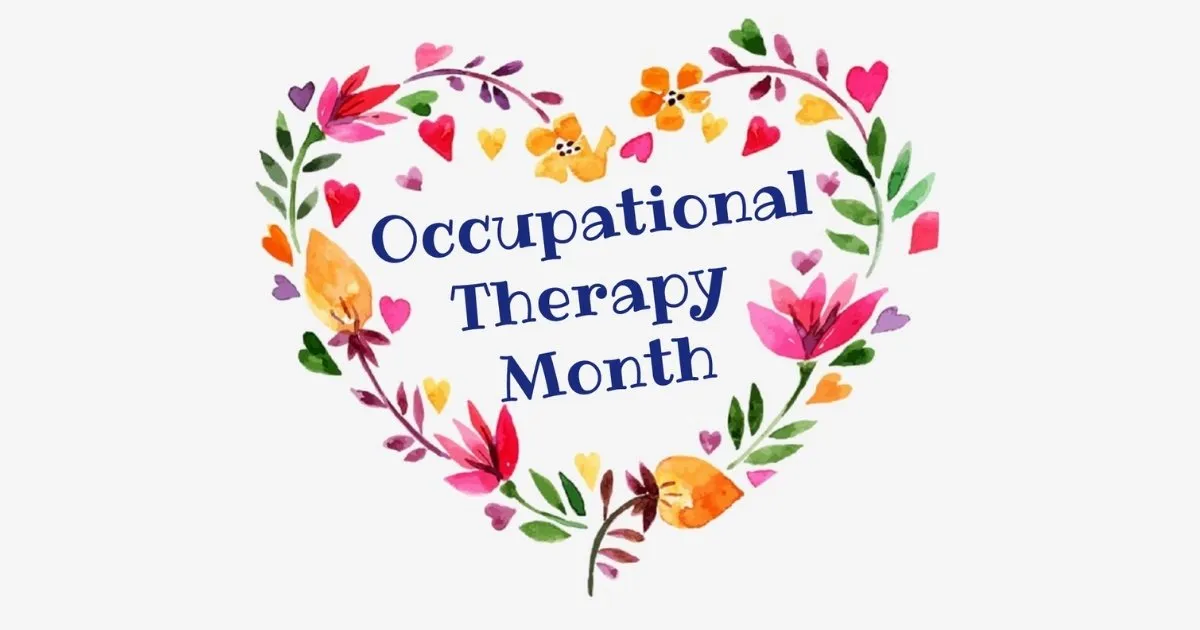Search by Color or Cause


Occupational Therapy Month, observed in April, is a time to increase awareness of occupational therapy. In addition, it is a time to promote the need for intervention after an injury or illness. And, finally, to spur advocacy on behalf of those suffering with the emotional, financial and physical burden of illness and injury. OT Month is a time to recognize the efforts of those who are in the occupational therapy field. This is whether one is an occupational therapist or an occupational therapist assistant.
Further, OT Month calls attention to the way occupational therapy helps people across their lifespan. OT’s help people do the things they want and need to do through the therapeutic use of daily activities (occupations). In addition, OT focuses on helping people participate in meaningful activities. This includes after an illness, disability, or other health condition. OT uses a holistic approach to look at the reasons a person’s participation in activities is impacted. It also looks at the person’s environment and what they do day-to-day.
OT practitioners enable people of all ages to live life to its fullest. They do this by helping them promote health and prevent, or live better, with injury, illness, or disability. OT Month started in 1980.
Common OT interventions include helping children with disabilities participate fully in school and social situations. In addition, OT also helps people recovering from an injury to regain skills. Finally, it provides support for older adults experiencing physical and cognitive changes.
OT services typically include:
OT practitioners have a holistic perspective, in which they focus on adapting the environment and/or task to fit the person. In addition, the person is an integral part of the therapy team.
In 2017, Occupational Therapy celebrated 100 years as a profession.
There is an array of opportunities for occupational therapy. These include ergonomics, body mechanics, and habit development regarding technology, screen time, positioning, posture, and social behavior. In addition, there are opportunities for emotional regulation and behavioral health for victims of trauma, persons with mental disorders, and those in recovery.